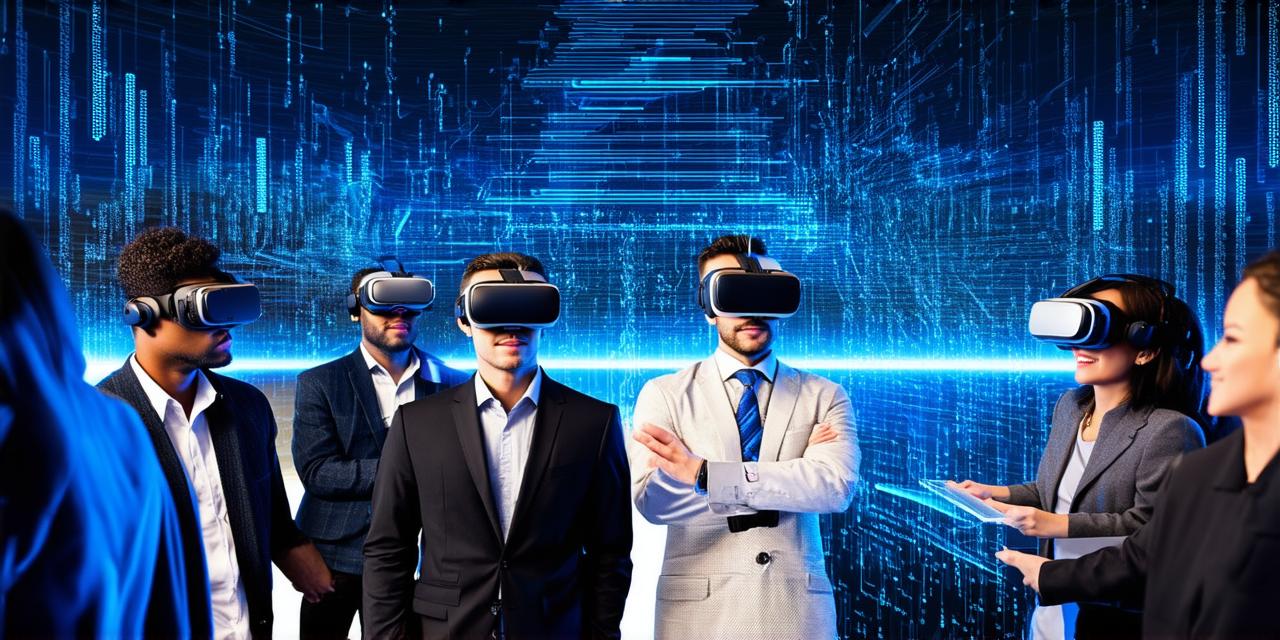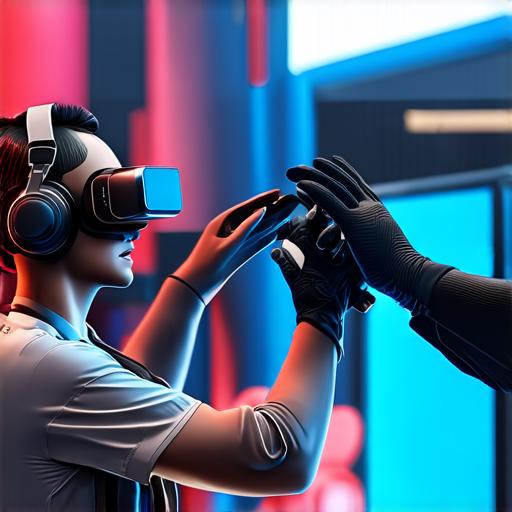
What are the potential uses of virtual reality in the future?
Virtual Reality’s Promising Use Cases
Virtual reality (VR) is a rapidly evolving technology that has already had a significant impact on various industries such as gaming, education, healthcare, and more. The potential uses of VR are virtually limitless, and it’s exciting to imagine what the future holds for this technology.
1. Remote Collaboration

One of the biggest challenges of working remotely is communication and collaboration. With VR, teams can come together virtually and collaborate on projects as if they were sitting in the same room. This technology allows for more realistic interactions and immersive experiences that can enhance productivity and creativity.
2. Training and Simulation
Virtual reality is an ideal tool for training and simulation. It allows individuals to practice skills in a safe and controlled environment, without the risk of injury or harm. For example, pilots can use VR simulations to practice flying techniques and emergency procedures without putting themselves or others at risk.
3. Tourism and Travel
Virtual reality has the potential to revolutionize the way we travel and explore new places. With VR, individuals can take virtual tours of museums, landmarks, and other attractions without ever leaving their homes. This technology can also be used to create immersive experiences that allow people to experience different cultures and lifestyles in a more meaningful way.
4. Entertainment
Virtual reality is already being used in gaming, but it has the potential to revolutionize other forms of entertainment as well. For example, concerts and live events can be streamed in VR, allowing people to experience the event as if they were there in person. Movies and TV shows can also be experienced in 360-degree environments, giving viewers a more immersive experience.
5. Education
Virtual reality has already had a significant impact on education, but its potential is even greater. With VR, students can take virtual field trips, explore historical sites, and conduct experiments in a safe and controlled environment. This technology can also be used to create immersive language learning experiences, allowing students to practice their skills in real-world scenarios.
In conclusion, virtual reality has the potential to revolutionize many industries and change the way we live, work, and play. The possibilities are virtually limitless, and it’s exciting to imagine what the future holds for this technology. As VR continues to evolve, we can expect to see even more innovative uses of this technology in the years come.


